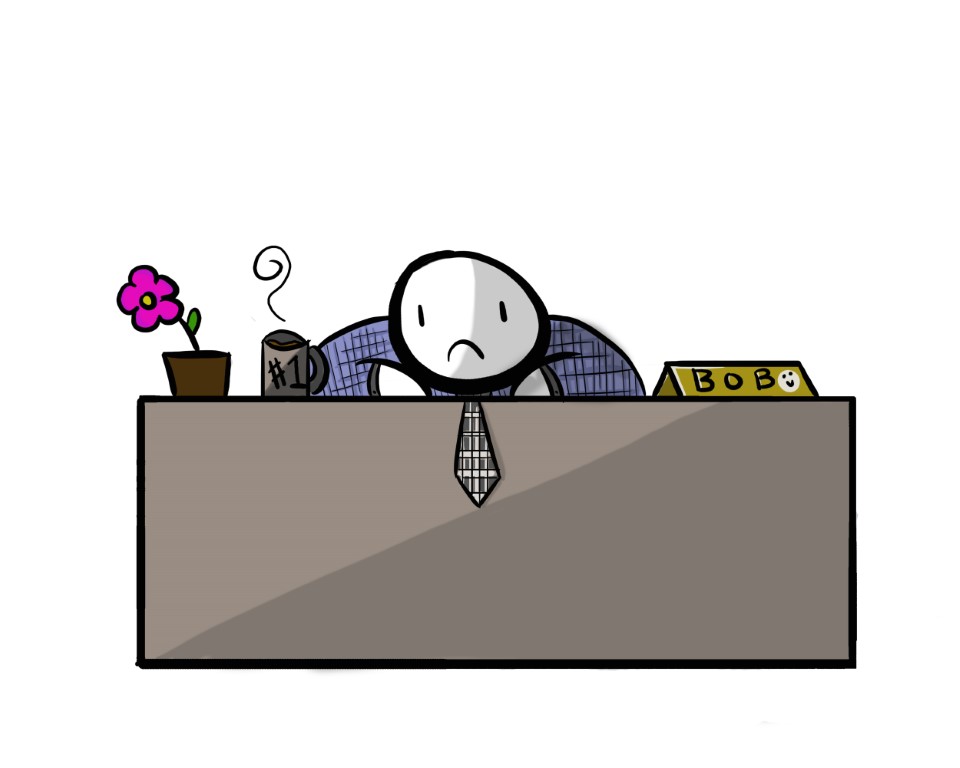
Unrealistic expectations 101
By Tania Arora, Staff Writer
An entry-level job, as the term suggests, is for a candidate who is about to enter the workforce. And with each passing year of experience, the salary expectations tend to rise as well. As normal as all this may sound, human resource departments of the past years don’t understand this. They have converted the process into a whole new form of a nuisance.
The discovery started after my graduation when I started to hunt for job opportunities. The outcome is that no matter how much education I have, my lack of experience doesn’t even let me step into “entry-level” jobs.
Why would someone with actual experience be applying for a beginner position and accepting lower pay? Where must the actual entry-level candidates go? Positions that are a level higher than entry-level positions have been seen with minimum requirements of five to eight years of experience. In such a time frame, a person could become an assistant director or at least a senior specialist. Brand new five-year-old companies have been seen looking for candidates with 7 to 10 years of experience for a director position. Should I finally say this—that one must spread their legs according to the size of their blanket?
Also, I understand companies try to have candidates from different backgrounds, but that will happen anyway if employees are judged by their experience and not their name. What is the point of having questions asking for ethnicity?
Now to criticize the so-called title of these jobs. How hard is it to write the exact title of the job? I always struggle in writing a resume explaining why I am interested in applying for a position that I know nothing about. My mind starts shooting different ideas. One of them being, of course, I need a job and you are hiring. Secondly, I like your office building… Eventually I just type an answer bragging about how great the company is.

